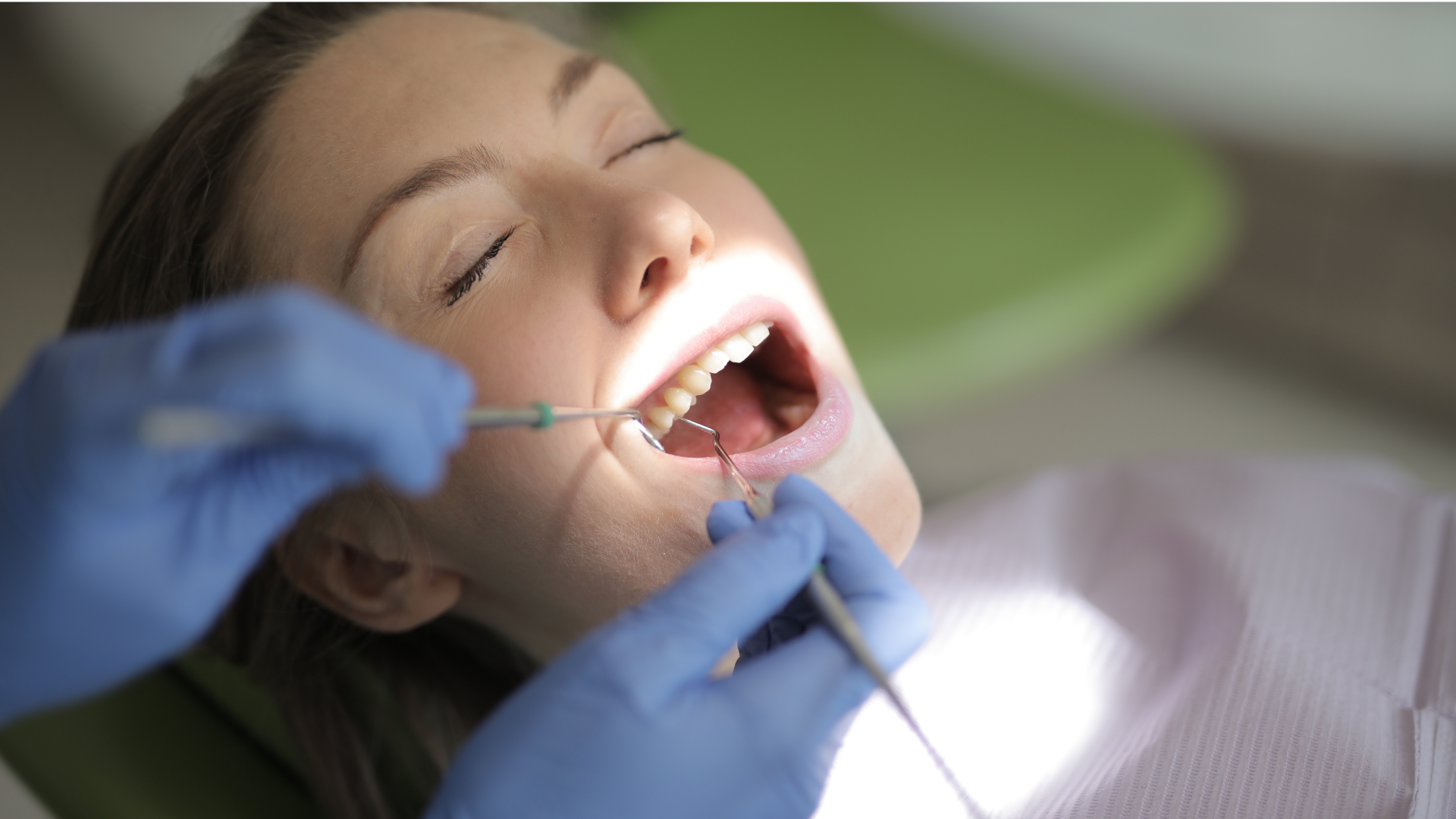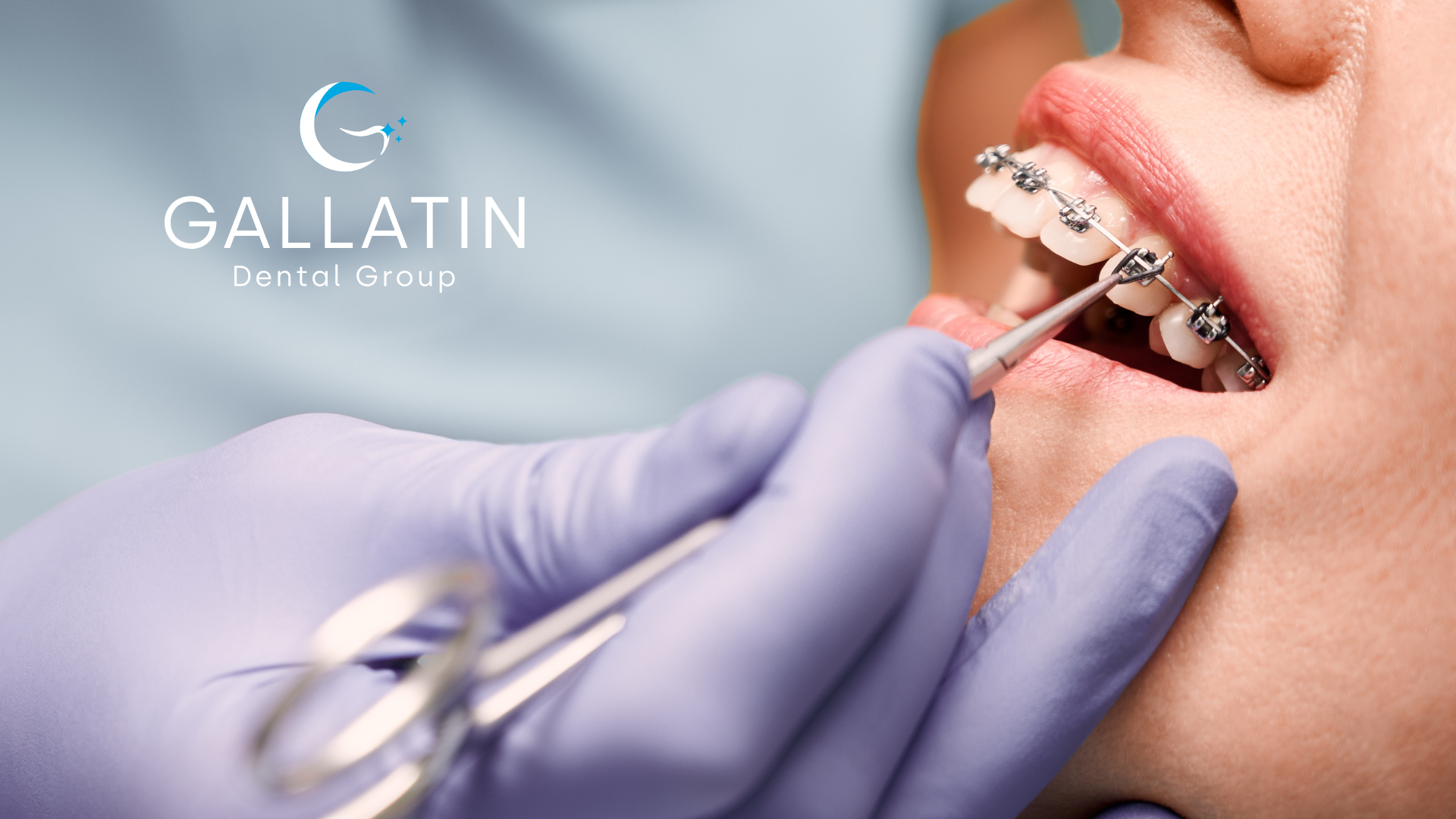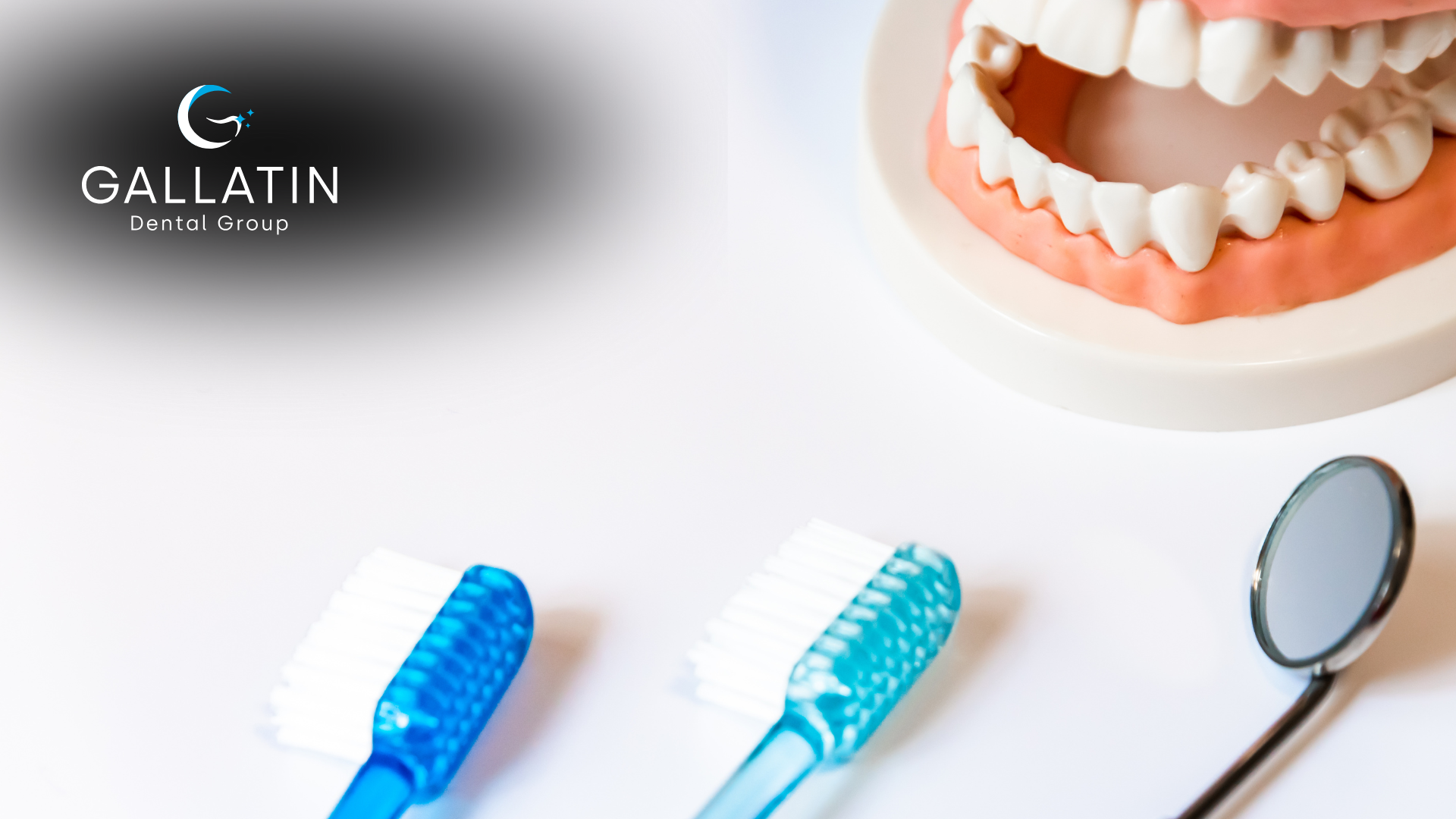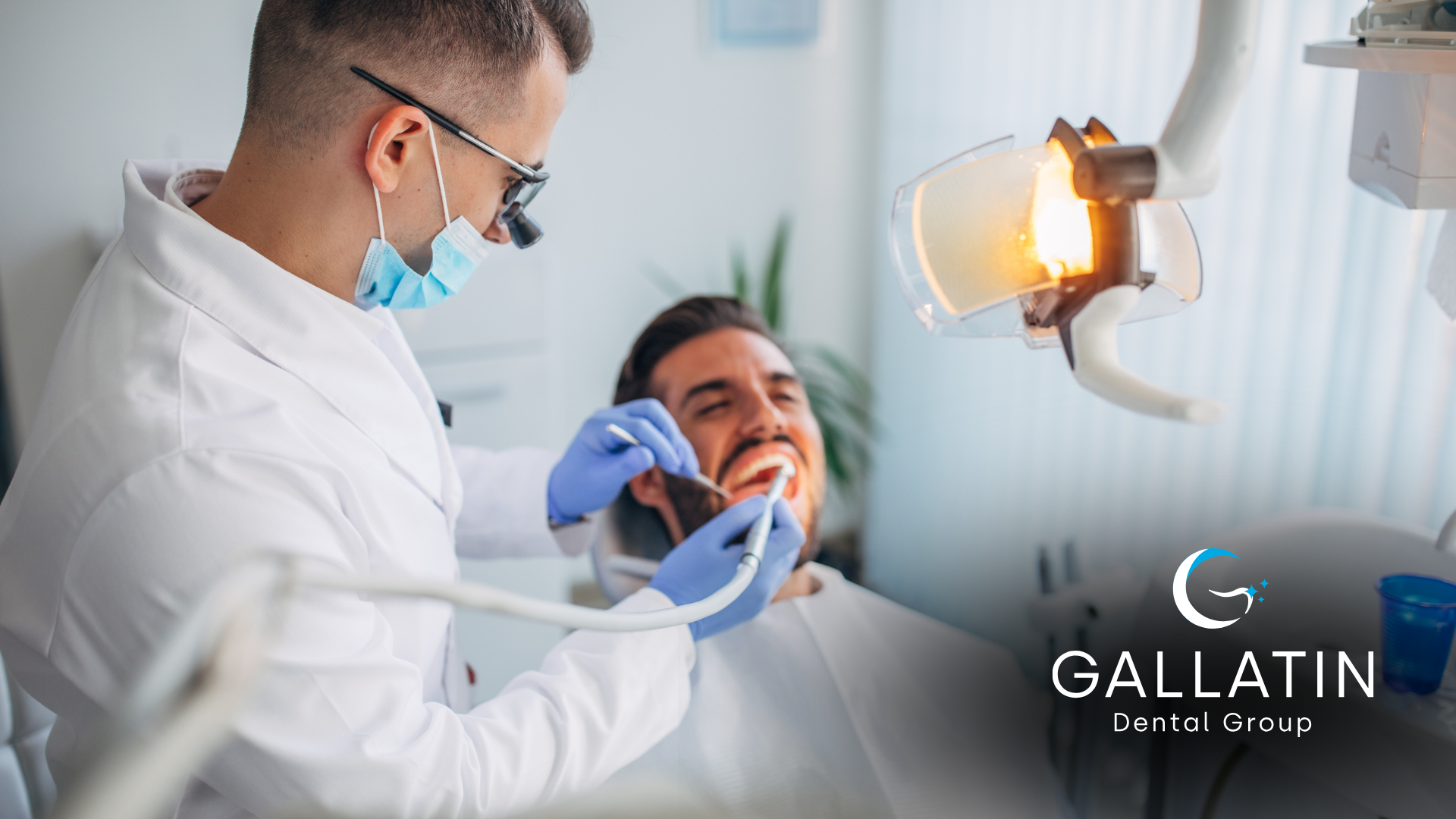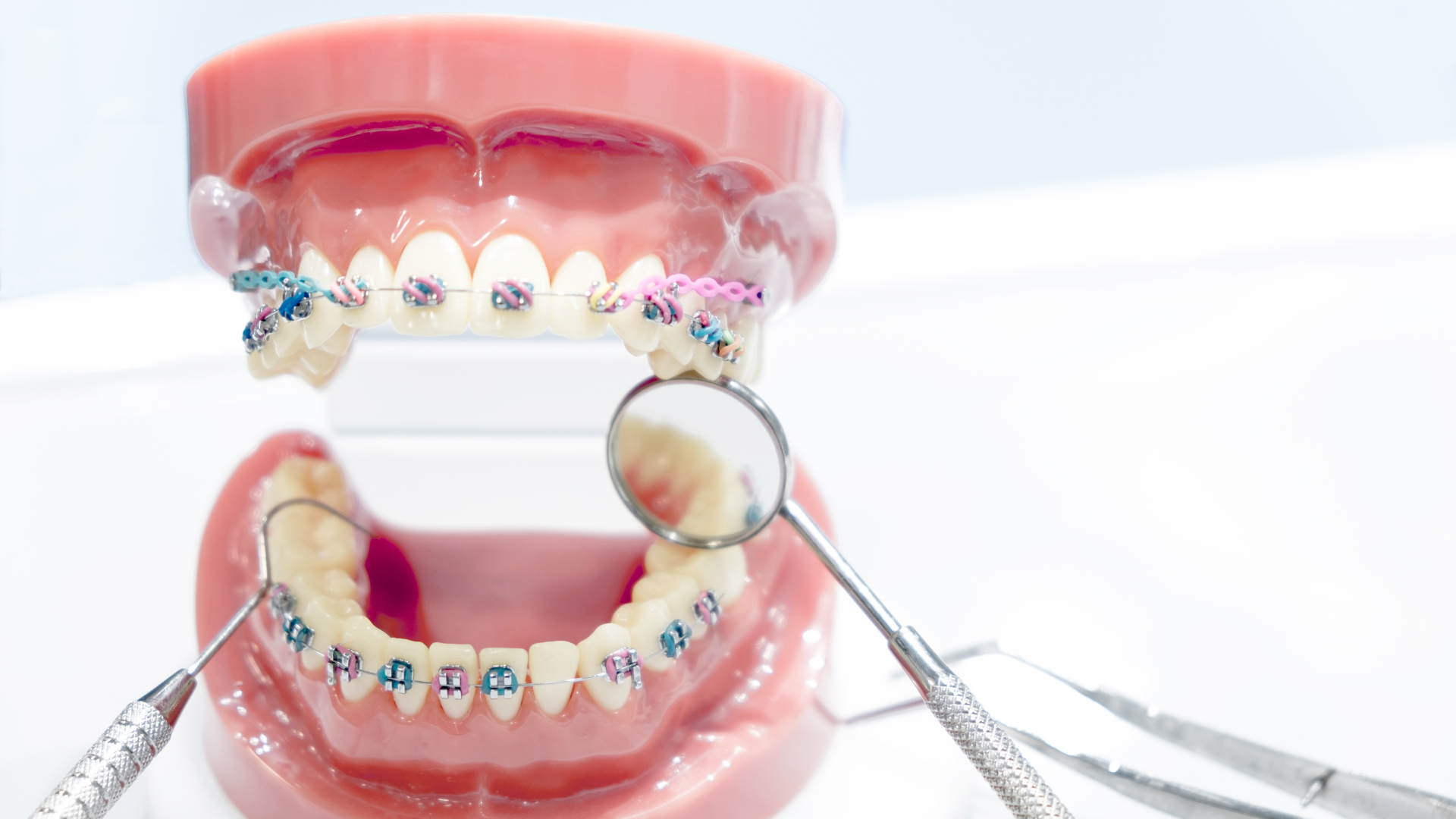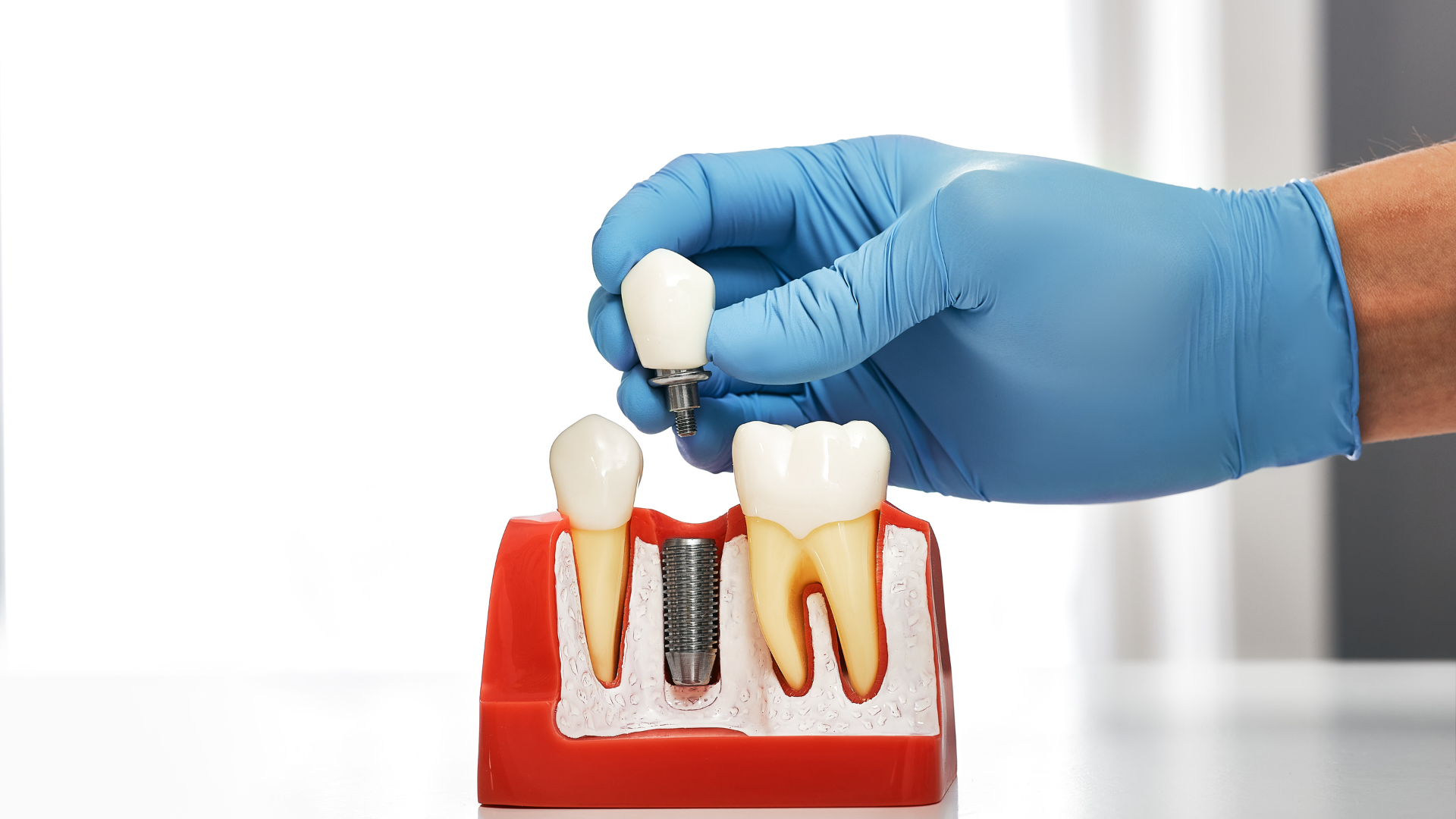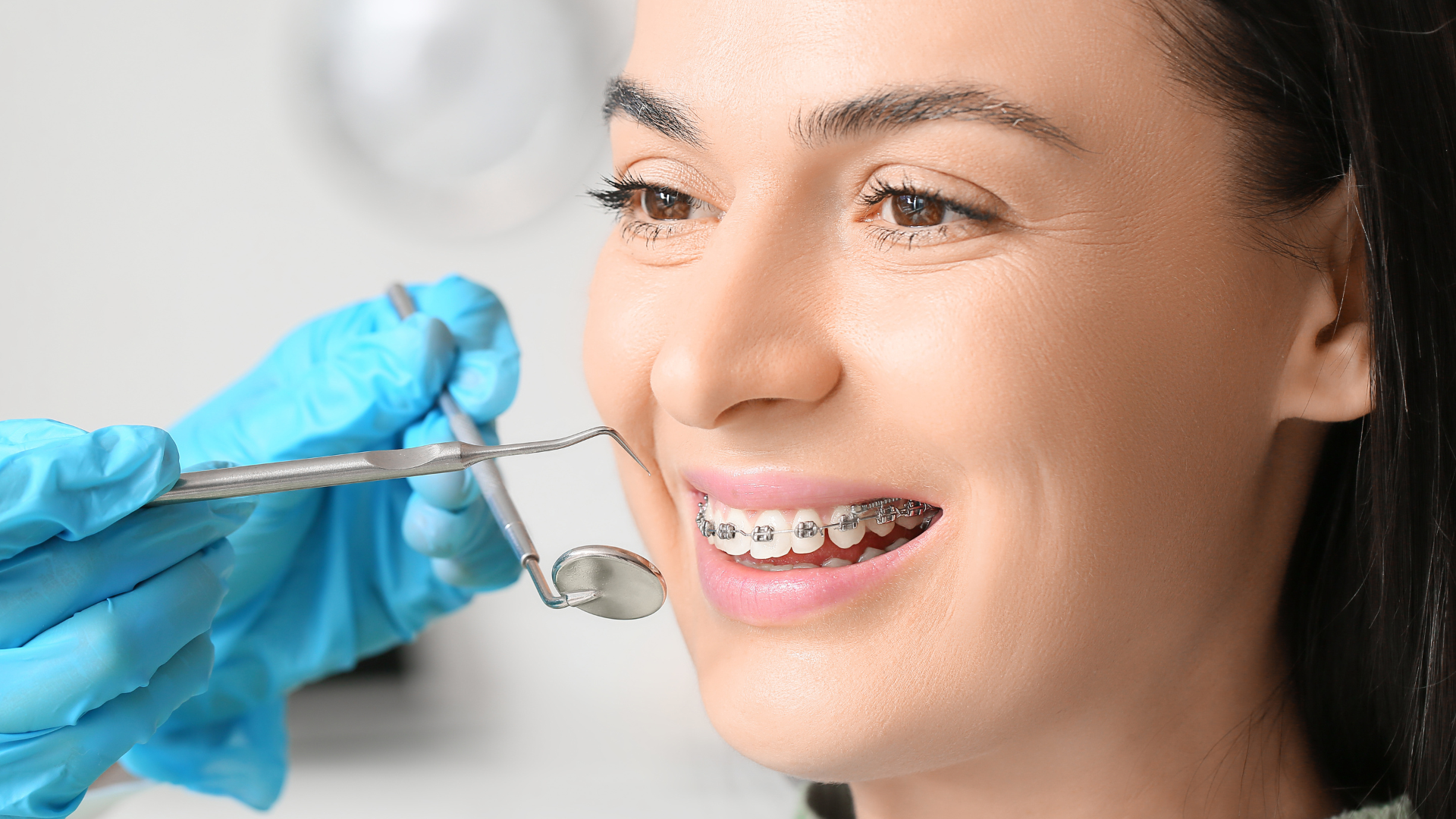Post Treatment Numbness
Reasons for Numbness After Dental Work
Numbness after dental procedures is typically a temporary and expected outcome. This sensation, or lack thereof, is due to the local anesthetics used by dentists to block nerve signals and ensure a pain-free experience during treatment. The duration and intensity of numbness can vary depending on the type of anesthetic used and individual patient factors.
- Lidocaine, the most common anesthetic, can cause numbness for a few hours.
- Articaine, another option, might have a shorter duration of effect.
- Patient-specific factors such as metabolism, weight, and history of drug sensitivity also play a role.
While numbness is generally not a cause for concern, understanding its origin can help patients manage their post-procedure care more effectively. It's important to recognize that numbness is a sign that the anesthetic is working as intended, providing comfort during potentially painful dental work.
Duration of Numbness
The duration of numbness following dental procedures varies depending on several factors, including the type of anesthetic used and the individual's metabolism. Most patients can expect the numbness to wear off within 2 to 4 hours. However, in some cases, the sensation may persist for a longer period.
- Local anesthetics: 2-4 hours
- Articaine: Up to 6 hours
- Bupivacaine: Longer duration
Avoid chewing on the numb side of your mouth to prevent accidental biting of the cheek or tongue. If numbness persists beyond the expected time frame, it may be a sign to consult your dentist.
Types of Anesthetics Used in Dentistry
Dentists use various types of anesthetics to ensure patients remain comfortable during procedures. Local anesthetics are the most common, providing numbness to a specific area of the mouth. General anesthetics, which induce unconsciousness, are used for more complex surgeries.
- Local Anesthetics: Lidocaine, Articaine, Mepivacaine, Bupivacaine
- General Anesthetics: Sevoflurane, Propofol, Isoflurane, Nitrous Oxide
The choice of anesthetic depends on the procedure's complexity, duration, and individual patient factors such as allergies and medical history.
Understanding the different anesthetics can help patients discuss options with their dentist and manage expectations regarding numbness duration and recovery.
Immediate Post-Procedure Care
Safety Precautions to Prevent Injury
After a dental procedure, it's crucial to take certain safety precautions to prevent injury due to numbness. Avoid chewing or biting on the numb area to prevent accidental injury to your tongue, cheeks, or lips. It's also important to be cautious when consuming hot beverages or food, as you may not be able to gauge temperature properly and could risk burns.
- Do not engage in activities that require precise oral motor skills, such as playing musical instruments, until the numbness has subsided.
- Refrain from using straws, as the sucking motion can increase the risk of injury or interfere with the healing process.
- Be mindful of your facial expressions. Excessive movements may lead to biting the inside of your cheek or lip.
It is essential to follow your dentist's specific post-procedure instructions, as they are tailored to your individual treatment and needs.
Eating and Drinking Tips
After dental procedures, it's crucial to be mindful of your eating and drinking habits to avoid discomfort or injury while numb. Start with liquids or soft foods that require minimal chewing, such as smoothies or mashed potatoes, to prevent accidental biting of the cheeks or tongue.
- Wait until the numbness subsides before attempting to eat solid foods.
- Avoid hot beverages and foods as you may not accurately gauge temperature, risking burns.
- Stay hydrated with water or electrolyte-rich drinks to aid in the recovery process.
Be especially cautious with the first meal after your dental visit. Opt for nutritious, non-chewy options that will provide sustenance without risking injury to your still numb mouth.
Managing Saliva Flow and Speech Difficulties
After dental procedures involving anesthesia, patients may experience difficulty controlling saliva flow and articulating speech. This is a temporary condition that typically resolves as the numbness wears off. To manage saliva flow, it's advisable to keep a tissue or handkerchief handy to dab away excess saliva discreetly. Avoiding conversations or speaking engagements immediately after your dental visit can help manage any speech difficulties until full sensation returns.
- Sit upright or in a reclined position to help control saliva flow.
- Sip water slowly to keep the mouth moist and aid in swallowing.
- Practice speaking slowly and enunciate clearly to improve speech clarity.
While these inconveniences are usually short-lived, they can be bothersome. Patience and gentle self-care are key as your body recovers from the anesthetic effects.
Natural Remedies to Alleviate Numbness
Gentle Facial Massage Techniques
Gentle facial massage can be an effective way to reduce the sensation of numbness following dental procedures. By stimulating blood flow to the affected area, massage helps expedite the process of anesthetic dissipation.
Start with light pressure and increase gradually, focusing on the numb areas without causing discomfort. Use the tips of your fingers in a circular motion, and avoid any vigorous or deep tissue manipulation that could cause harm while the area is still numb.
- Begin at the center of the face and work outward.
- Use upward strokes on the cheeks.
- Apply gentle pressure in a circular motion around the jawline.
- Repeat the process for about 5 to 10 minutes, several times a day.
Remember, the goal is to enhance circulation and not to cause pain. If you experience any discomfort, discontinue the massage and consult your dentist.
Warm Compress Application
Applying a warm compress can help increase blood flow to the affected area, potentially reducing numbness more quickly. Ensure the compress is not too hot to avoid burns, and apply it gently to the side of the face where the dental work was performed.
- Soak a clean cloth in warm water.
- Wring out the excess water.
- Fold the cloth and place it on your face for 5-10 minutes.
- Repeat the process several times a day as needed.
Remember, the goal is to stimulate circulation without causing additional discomfort. If you experience any pain or swelling, discontinue use and consult your dentist.
Herbal Supplements and Vitamins
Incorporating certain herbal supplements and vitamins may help expedite the reduction of numbness after dental procedures. Vitamin B complex, particularly B12, has been known to support nerve health and could potentially aid in the recovery of nerve function.
- Vitamin B12
- Vitamin E
- Omega-3 Fatty Acids
These nutrients can be found in various foods or as over-the-counter supplements. It's important to consult with your healthcare provider before starting any new supplement regimen to ensure it's safe and appropriate for your specific health needs.
While not a substitute for medical advice, adding these supplements to your diet may complement the natural healing process and provide nutritional support for nerve repair.
Medical Interventions for Persistent Numbness
When to Contact Your Dentist
If numbness persists longer than expected, it's crucial to contact your dentist to rule out any complications. Typically, the numbness from dental anesthetics should wear off within a few hours. However, if you experience prolonged numbness, severe pain, or other unusual symptoms, it may indicate an issue that requires professional attention.
- Numbness lasting more than 4-6 hours post-procedure
- Development of pain or swelling
- Difficulty with normal facial movements
- Signs of allergic reaction or infection
It's better to be cautious and seek advice if you're unsure about your symptoms. Early intervention can prevent more serious complications and ensure your peace of mind.
Always keep your dentist informed about any changes in your condition after a dental procedure. They can provide guidance or request an immediate follow-up if necessary.
Possible Treatments for Extended Numbness
When numbness persists beyond the expected timeframe, it's essential to consult with your dentist for appropriate interventions. Early diagnosis and treatment can prevent potential complications and ensure a swift recovery.
- Medication: In some cases, medications may be prescribed to reduce inflammation or address nerve-related issues.
- Therapy: Physical therapy or exercises may be recommended to stimulate nerve function.
- Follow-up Procedures: Occasionally, additional dental work may be necessary to correct any underlying issues contributing to the numbness.
Follow your dentist's instructions and report any changes in sensation or discomfort immediately. Timely communication can make a significant difference in the management of extended numbness.
Understanding the Risks of Nerve Damage
While most dental procedures involving anesthesia are safe and effective, there is a small risk of nerve damage that can result in prolonged numbness. Nerve damage can occur due to a variety of factors, including the location of the treatment, the type of procedure, and individual anatomical differences.
- Temporary Nerve Damage: Usually resolves within a few weeks to months.
- Permanent Nerve Damage: Rare but may require further medical intervention.
It's crucial to monitor the sensation in your mouth and face as the anesthesia wears off. Persistent numbness beyond the expected duration may indicate nerve damage, which requires prompt attention from your dentist or a specialist.
Understanding the potential for nerve damage can help patients make informed decisions about their dental care and take appropriate actions if symptoms persist. If you experience numbness that does not resolve within the expected timeframe, it's important to seek professional advice to rule out nerve damage and discuss possible treatment options.
Preventive Measures for Future Dental Visits
Discussing Anesthesia Options with Your Dentist
Before undergoing dental procedures, it's crucial to have a conversation with your dentist about the anesthesia options available. Your Dentist in Downey will tailor anesthesia choices to your specific needs, ensuring a comfortable experience. Cosmetic dentist Downey professionals are skilled in providing pain-free treatments, often utilizing a variety of sedation methods.
When considering procedures like Invisalign Downey, discussing sedation methods can help alleviate anxiety and improve the overall experience.
Here are some points to consider when discussing anesthesia with your dentist:
- The type of procedure and the level of discomfort typically associated with it.
- Your personal pain threshold and any previous experiences with dental work.
- Potential side effects and how they might affect you post-procedure.
- The duration of the procedure and the expected recovery time.
By addressing these points, you can work with your dentist to select the most appropriate anesthesia, minimizing discomfort and speeding up recovery.
Pre-Procedure Nutrition and Hydration
Proper nutrition and hydration before dental procedures can influence the body's response to anesthesia and potentially reduce the duration of numbness. Ensuring you are well-hydrated and have eaten a balanced meal can help stabilize blood sugar levels, which is crucial for a smooth recovery.
- Drink plenty of water in the 24 hours leading up to your appointment.
- Avoid alcohol and caffeine as they can lead to dehydration.
- Opt for a meal that includes proteins, healthy fats, and complex carbohydrates.
Maintaining adequate hydration and nutrition prior to dental work can not only help with managing numbness but also improve overall comfort and healing.
Discuss with your dentist if there are specific dietary recommendations or restrictions to follow, especially if you are scheduled for a procedure that requires fasting.
Stress Reduction Techniques Before Dental Work
Reducing stress before dental procedures can not only improve your overall experience but may also minimize the need for extensive anesthesia, potentially reducing post-procedure numbness. Mindfulness and relaxation exercises are effective methods for calming nerves and preparing for dental work.
- Mindfulness Meditation: Focus on your breathing and allow stress to melt away with each exhale.
- Progressive Muscle Relaxation: Tense and relax each muscle group, starting from your toes and working up to your head.
- Guided Imagery: Visualize a peaceful scene to distract from dental anxiety.
By practicing these techniques regularly, not just before dental visits, you can lower your stress levels and improve your response to dental care.
Discuss these strategies with your dentist; they may have additional recommendations or resources to help you relax. Remember, a calm mind leads to a more positive dental experience and quicker recovery.
Frequently Asked Questions
How long does numbness usually last after dental work?
Numbness after dental procedures typically lasts for a few hours. The exact duration can vary depending on the type of anesthetic used and individual factors such as metabolism.
Is it normal to feel numb several hours after a dental procedure?
Yes, it's normal to experience numbness for several hours post-procedure. However, if the numbness persists beyond the expected time frame, it's important to contact your dentist.
Can I eat or drink immediately after dental work?
It's best to wait until the numbness wears off before eating or drinking. If you must eat, choose soft foods and be cautious not to bite your cheeks or tongue.
What are some natural ways to reduce numbness after dental work?
Natural methods to alleviate numbness include gentle facial massage, applying a warm compress to the affected area, and taking certain herbal supplements or vitamins with your dentist's approval.
When should I be concerned about numbness after a dental procedure?
If numbness persists for an unusually long time or is accompanied by other symptoms like pain, it's important to contact your dentist as it may indicate nerve damage or other complications.
How can I prevent prolonged numbness for future dental visits?
Discuss anesthesia options with your dentist, ensure proper nutrition and hydration before the procedure, and practice stress reduction techniques to minimize the amount of anesthetic needed.

